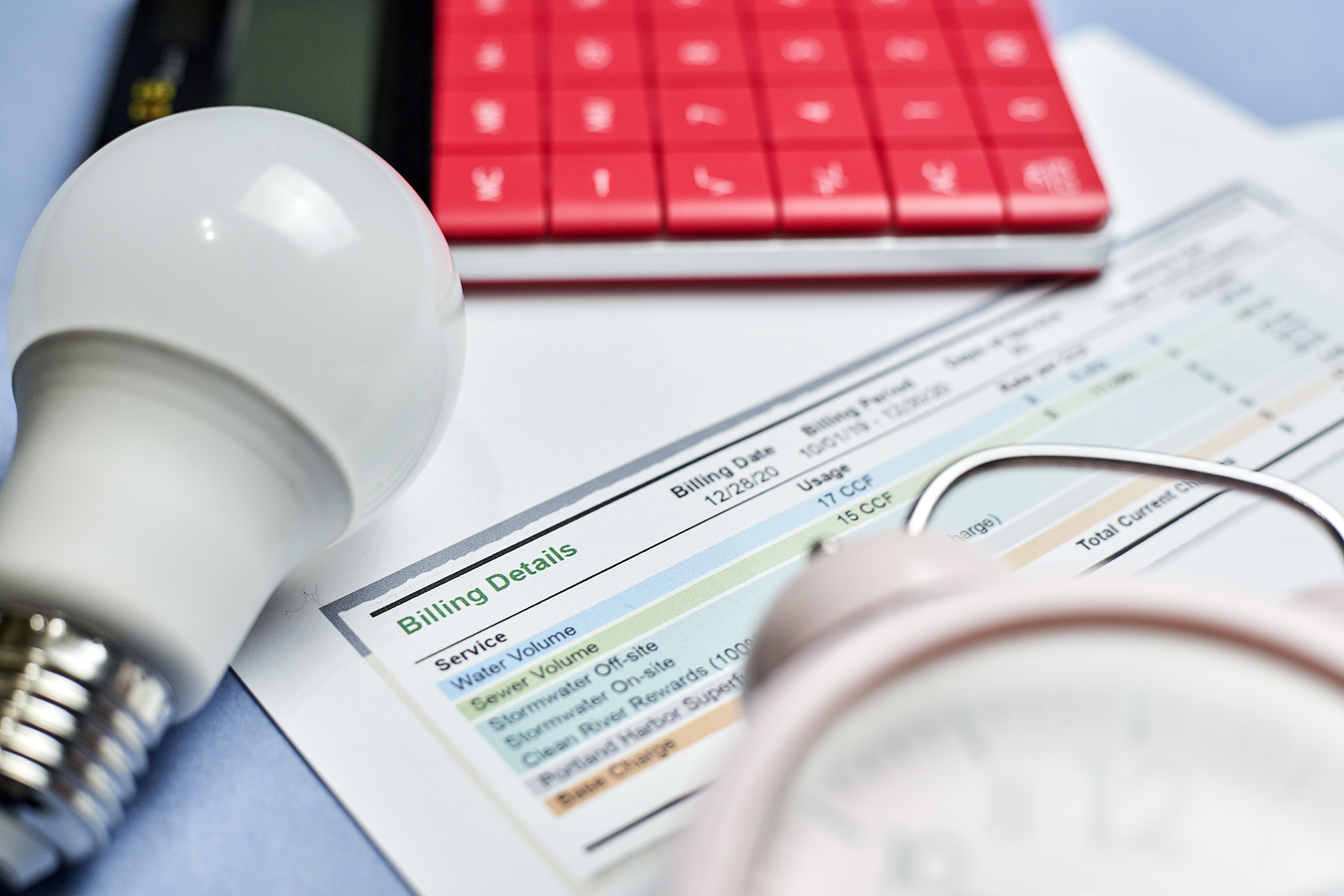| Relevant Downloads and Links | |
|---|---|
| Iowa Association of Municipal Utilities | LINK |
Cities frequently offer services that are financed and operated through direct charges for services in a manner similar to a business. These include city-owned utilities also known as proprietary operations. As with a business, the key to successfully operating a utility is management. Cities should operate each utility as a standalone fund so the revenues and expenditures associated with each utility can be easily identified and evaluated. Utility rates and charges should be reviewed on a regular basis to make sure that costs are covered by users. In addition to current service costs, future system improvements and equipment purchases should be planned in advance to alleviate pressure for large rate increases.
The process for establishing utility rates and charges is included in Code of Iowa Section 384.84. Rates must be established by ordinance of the council or by resolution of the utility board of trustees and must be published in the same manner as an ordinance. Rates established by municipal utilities are not regulated by the Iowa Utilities Board (IUB) as they are for investor-owned utilities. While Code of Iowa Section 384.84 does not specify how much notice of a rate change is required, it is advisable to provide notice of at least 30 days.
When setting rates cities should consider the following:
- Short term needs – Revenues over/under expenses to include debt service, the current year’s depreciation (if your city funds depreciation) and any amounts to be used to fund a capital improvement fund as directed by city policy.
- Long term needs – The capital improvement plan needs to be considered in any utility rate calculation. Earmarking a portion of the rate to be designated to future improvements will insure a stabilization of the rate and can provide seed money for major projects.
- Utility support for administrative services provided by other city departments can be considered when setting the utility rates. Some utilities pay directly for hours worked to prepare and collect utility bills, or the amount of time the administrator spends negotiating contracts, for example. In other communities, a straight percent of the administration is paid. The amount billed to the utility should be ‘reasonable’ so be prepared to defend the amount used.
Late Fees
While IUB rules on late fees do not apply to municipal utilities, their guidance can be used as a model. IUB rules do not allow late fees in excess of 1.5 percent per month of the delinquent bill. This could compound to an annual rate of 18 percent. There are some cities, however, that charge a flat fee or a one-time late fee, such as 5 percent, which is not compounded. The city ordinance should spell out the late fee, and it should be applied uniformly.






